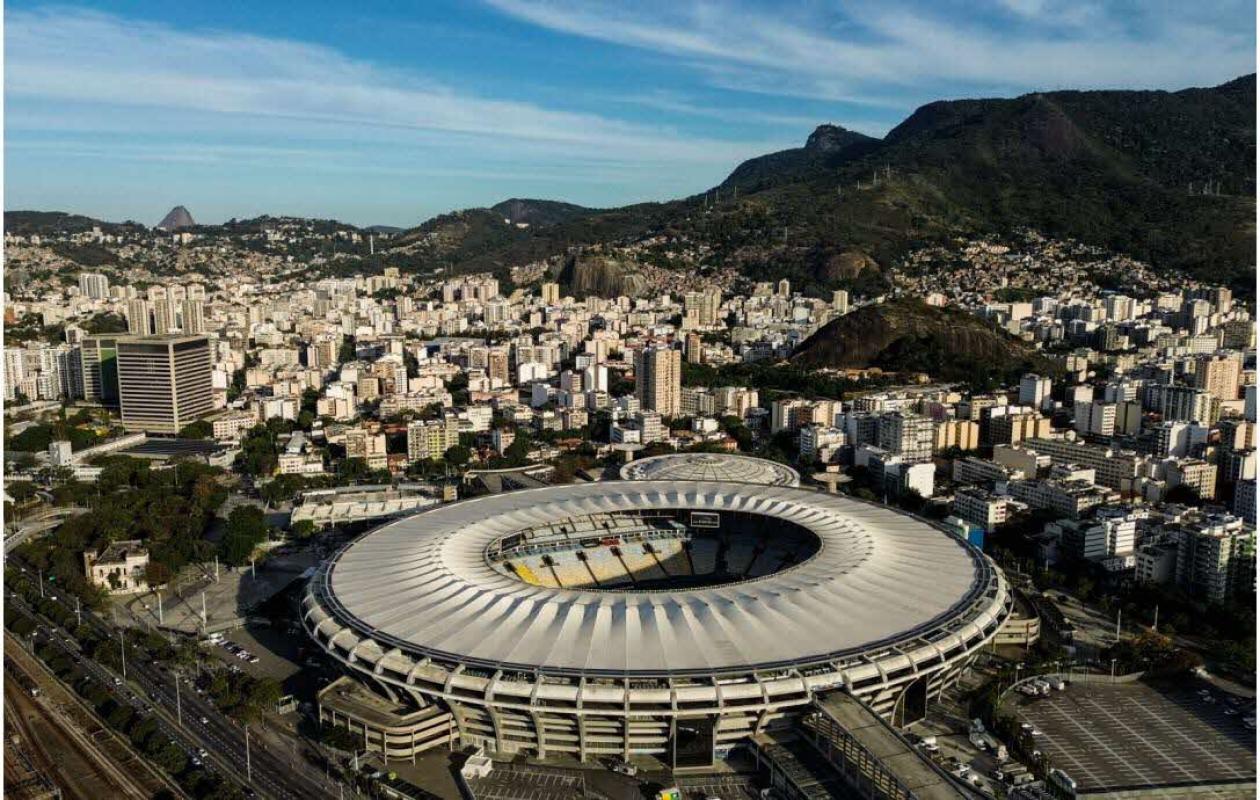
Football : Le gouvernement brésilien envisage de vendre le mythique stade Maracanã
The legendary Maracanã Stadium, a true temple of Brazilian football and a symbol of the city of Rio de Janeiro, could soon change hands. The Rio state government has announced its intention to put the historic stadium up for sale, sparking a wave of outrage among the population and the sporting world.
According to the daily newspaper Marca, the Constitution and Justice Commission of the Legislative Assembly of Rio de Janeiro (ALERJ) recently revised a bill to include the sale of the Maracanã among some thirty public properties slated for sale. This decision immediately sparked an outcry, as the stadium represents an essential part of Brazil's cultural and sporting heritage.
Rodrigo Amorim, president of the commission, defended this measure by citing the need to reduce public spending: "The government spends a fortune maintaining the Maracanã, around 160,000 euros per match," he said.
According to him, the sale of the stadium, along with that of the neighboring Aldeia Maracanã complex, could bring in more than 320 million euros. The stated objective would be to revitalize these spaces while reducing the state's debt, which must repay nearly 1.9 billion euros to the federal government by 2026.
Built in 1950 for the World Cup, the Maracanã, which has seen the greatest Brazilian players such as Pelé, Zico, Ronaldo, Romario, Ronaldinho and Jairzinho play, entered into legend during the famous "Maracanazo", Brazil's historic defeat against Uruguay (2-1) in the final of the 1950 World Cup.
With an initial capacity of close to 200,000 spectators, it was extensively renovated to host the 2014 World Cup final and the 2016 Olympic Games, bringing its current capacity to 78,838 seats.
This isn't the first time its future has been debated. In 2011, businessman Eike Batista attempted to take control of the stadium ahead of major sporting events in the following years. Rodrigo Amorim still insists that the move isn't just about generating revenue, but also about giving the stadium a new economic and social purpose. "More than just bringing in money, it's about preventing the deterioration of these spaces and giving them a productive life again," he concluded.
The project will be submitted to the plenary committee for a vote in the coming weeks. In the meantime, the prospect of the Maracanã becoming privately owned continues to fuel a lively debate in Brazil, a country where football is much more than just a sport, it is a true national passion.
Commentaires (1)
Certes après correction, mon commentaire n'aura plus de sens.
Participer à la Discussion
Règles de la communauté :
💡 Astuce : Utilisez des emojis depuis votre téléphone ou le module emoji ci-dessous. Cliquez sur GIF pour ajouter un GIF animé. Collez un lien X/Twitter ou TikTok pour l'afficher automatiquement.